
Stay tuned for important updates regarding STE2026! Key dates, including submission deadlines, registration periods, and program announcements, are shown in the table. Nevertheless, it’s essential to keep an eye on our communications to ensure you don’t miss any critical information about the conference.
| Date | Activity | |
|---|---|---|
| 13 Oct 2025 |
Submission of: (i) structured abstracts (for full and short papers) for the conference (ii) Special Session proposals | |
| 20 Oct 2025 | Notification of acceptance for abstracts for the conference. Special Sessions notification and announcement | |
| 17 Nov 2025 | Submission of: (i) complete papers for all submission types (ii) proposals for round tables, workshops, tutorials | |
| 01 Dec 2025 | GOLC Award: submission of contributions | |
| 15 Dec 2025 | Notification of acceptance | |
| 19 Jan 2026 | EWA Young Talent Award: submission of contributions | |
| 23 Jan 2026 | Camera-ready due/Final upload | |
| 23 Jan 2026 | author registration deadline | |
| 31 Jan 2026 | Early-bird (author) payments received | |
| 11 Mar 2026 | STE2026 opening | |

Professor at Paderborn University, Paderborn, Germany
In debates on smart technologies and education, context is often invoked but rarely unpacked. This keynote presentation will argue that the way in which we conceptualise and design 'context' is fundamental to fostering interest, deep understanding, and professional identity in technical and vocational education, as well as to establishing sustainable STEM pathways from school to university and into the workplace.
Drawing on research and design-based development in technical education, I will first distinguish between the various layers of context, including authentic work and life situations in smart and sustainable industries; disciplinary and technological structures in engineering and vocational domains; and institutional contexts, such as curricula, outreach structures, and university teaching formats. I will then demonstrate how these layers can be deliberately connected through contextualisation in learning environments across educational stages.
Empirical examples will include STEM outreach activities in school laboratories and student research centres. These environments make smart technologies and engineering visible and tangible from an early stage, thereby supporting informed study and career choices in STEM and technical vocational fields.
Drawing on different university projects, I will derive design principles for contextualised learning in technical education, such as aligning present learning with plausible future work, integrating outreach with formal curricula and co-constructing meaningful contexts with learners, teachers, and industry and STEM ecosystem partners.
Finally, I will outline open research questions on how contextualisation can be theorised, operationalised, and assessed in the era of smart technologies.
Professor Dr Katrin Temmen is a professor of the Didactics of Technology at Paderborn University, where she has led the Department of Didactics of Technology since 2010. Since 2023, she has also served as Dean of the Faculty of Computer Science, Electrical Engineering and Mathematics. From 2027 onwards, she will take over as chair of the German Faculty Council for Electrical Engineering and Information Technology (Fakultätentag Elektrotechnik und Informationstechnik).
Temmen studied electrical engineering at TU Dortmund, where she completed her doctorate in high-voltage engineering and worked as a research assistant and senior engineer for several years.
At Paderborn, she plays a central role in STEM outreach and recruitment. Her department runs the coolMINT.paderborn school laboratory and the coolMINT.forscht student research centre, where pupils can explore engineering and technology through hands-on experiments. She also heads the long-standing “Frauen gestalten die Informationsgesellschaft” project (“Women Shaping the Information Society”), which offers mentoring, taster courses, and “Spring” and “Autumn University” programmes to encourage girls to consider STEM subjects at university.
Temmen has received multiple teaching awards at both TU Dortmund and Paderborn University. In 2025, she and her colleague Mesut Alptekin received first place in the GOLC Online Laboratory Award (Virtual and Augmented Reality Experiments category) for PEARL (Paderborn Electrical Engineering AR Laboratory), an augmented-reality learning environment that prepares students for practical electrical engineering lab work.
The research focus of her group lies at the intersection of technical education, digitalisation, and STEM outreach. Key themes in her numerous externally funded projects include contextualised learning in engineering and technical teacher education; designing and evaluating innovative learning environments, such as lecture-hall and online/AR laboratories; using digital tools to support self-regulated learning in engineering; and developing learning concepts for universities, schools, and out-of-school learning venues using innovative media.
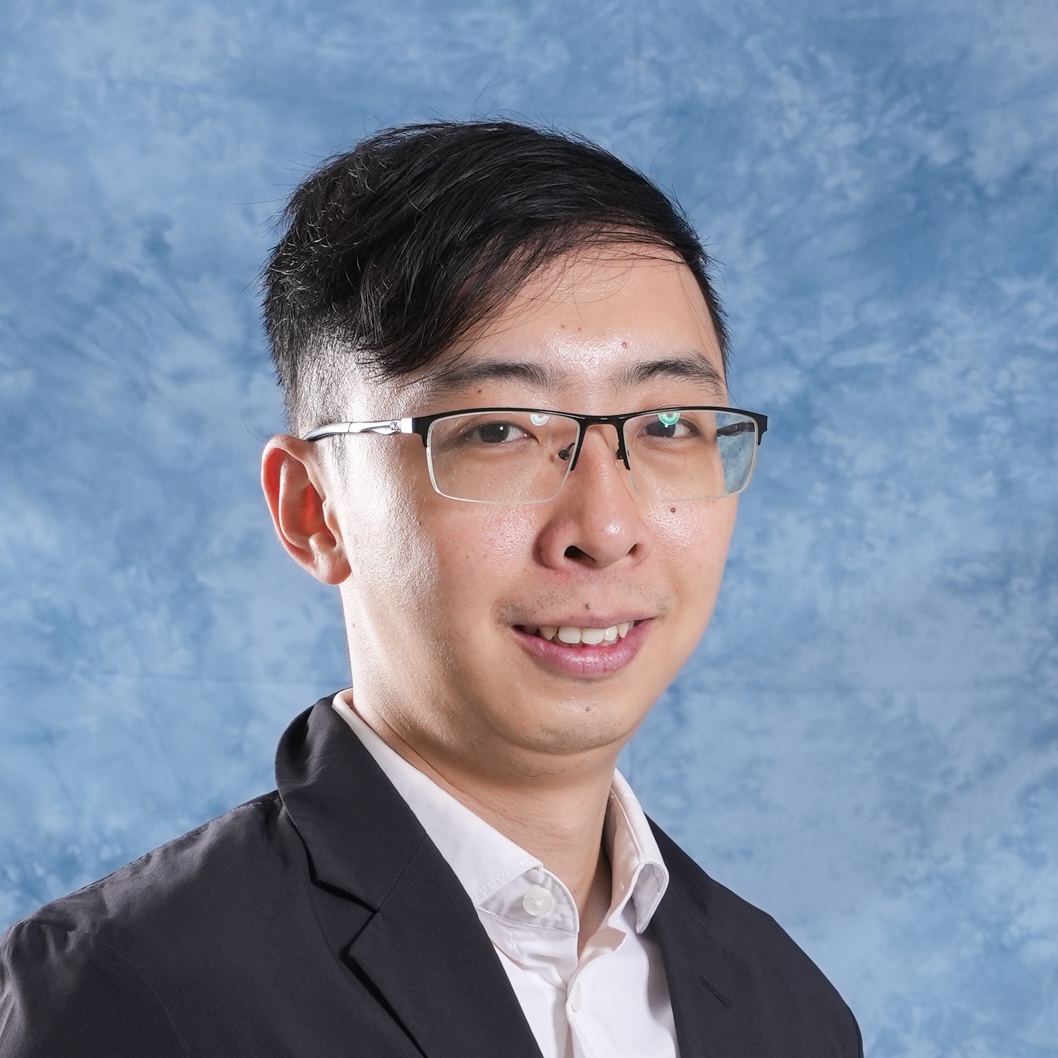
Dean of the Faculty of Smart Technology and Engineering, Maranatha Christian University, Indonesia
Generative Artificial Intelligence (GenAI) has profoundly reshaped academia. With students increasingly engaging with these technologies, upholding academic integrity has become a growing concern. The talk examines the tension and potential harmony between student use of GenAI and the principles of academic ethics. It explores whether these technologies compromise genuine learning and honest authorship, or whether they can be ethically integrated to support creativity, critical thinking, and academic growth. The discussion offers practical guidelines for responsible and meaningful student use of GenAI while maximising its educational advantages. The talk argues that harmonising generative AI with academic ethics is crucial to fostering both integrity and innovation in student scholarship.
Oscar Karnalim is an associate professor and the dean of the Faculty of Smart Technology and Engineering, Maranatha Christian University, Indonesia. He completed his PhD at the University of Newcastle, Australia. He serves as Editor in Chief of Sage’s Journal of Educational Technology Systems and as an editorial board member of four Scopus-indexed journals. His research interests include software engineering, learning technologies, and artificial intelligence. He is continuously developing automated technologies to maintain academic integrity. Oscar has published over 120 academic papers, with more than 1,400 citations. His Google Scholar H-Index is 21, while his Scopus H-Index is 16.
Oscar has been involved in many international research and community service collaborations. His collaborators are from Australia, Canada, the USA, the Netherlands, and the UK. He received several awards, including the Michael E. Auer Young Scientists Award (IETI, 2025) and the Best Dissertation Award in the Field of Engineering Education (IEEE Education Society, 2024). He is also an IEEE senior member and a fellow of the United Board for Christian Higher Education in Asia.
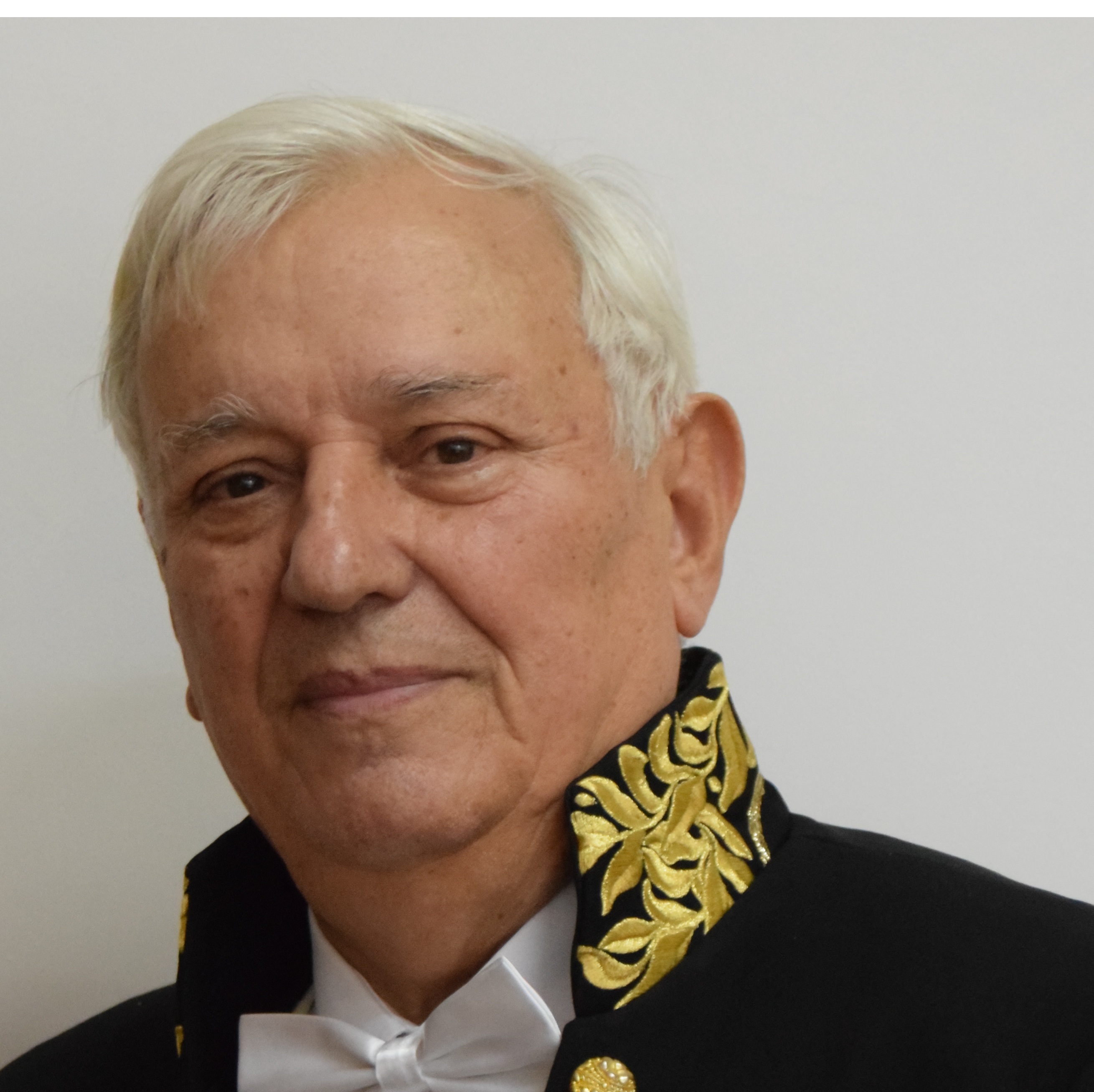
Emeritus Professor, University ”Politehnica”, Bucharest, Romania
We are going to next type of society where everything will be connected, based on the IoT and IIoT we have to create a hyperconnected society where physical objects (machines) and humans will be included into collaborative groups as intelligent agents.
The engineers must develop new artefacts with incorporated intelligence able to communicate and solve even cognitive tasks. The classical learning systems must adapt to these challenges increasing the capacity to solve complex problems by critical thinking.
We present a model of learning systems based on problems solving with the support of generative artificial intelligence.
Ioan Dumitrache is an Emeritus Professor of the University ”Politehnica” of Bucharest. He is professor of Control Engineering and Intelligence Control Systems in this University having a large experience in education of many generations of students.
In this capacity he served as a Dean of Faculty and Rector of the University.
In 2012 he founded the Coalition for Engineering Education (CREDING) and he organized many debates on the engineering education.
Now he is member of the Romanian Academy and the Secretary General of the institution.
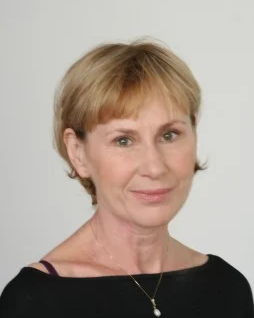
Professor, Technion, Israel and Stanford University, USA
Remote and hybrid engineering education faces persistent challenges in capturing and optimizing high-level cognitive processes. This paper brings results of a series of studies introducing a multimodal experimental framework combining immersive projection-based virtual reality with high-resolution neurophysiological measures (EEG, eye tracking, autonomic signals, and motion capture) to investigate the neural mechanisms underlying complex engineering learning, with a focus on the conditions that optimize learning. Together, these findings support brain-aware educational design and highlight the potential of adaptive, neurophysiologically informed platforms to enhance learning outcomes in remote and hybrid engineering education.
Prof. Miriam Reiner started and directed the VR & NeuroCognition lab at the Technion. She studies perceptual and neural correlates of enhanced learning and developed neurotechnologies for optimal learning in Virtual and hybrid environments. She uses neural and physiological sensors, and behavioral measures to model learning.
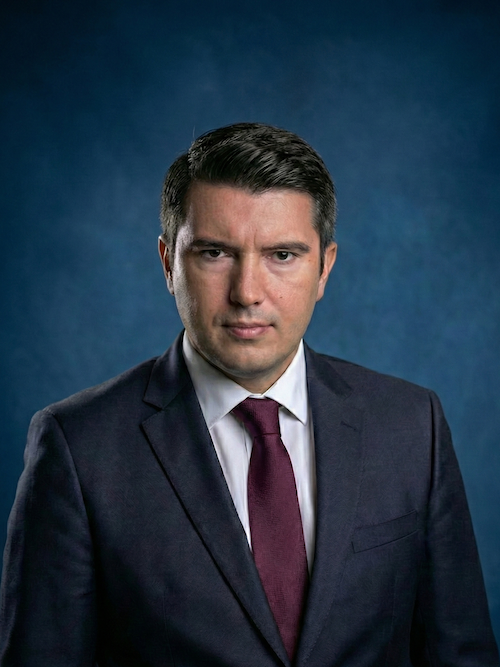
Professor, University ”Politehnica”, Bucharest, Romania
The modern energy sector is undergoing a profound paradigm shift, moving beyond traditional electrical engineering to embrace advanced methodologies from industrial automation and Information Technology (IT). This presentation explores the convergence of these disciplines, demonstrating how cross-industry innovation is redefining the stability and management of National Power Systems.
Using the recently implemented Automatic Operational Limitation (ALO) system in Romania as a case study, the session highlights the indispensable role of advanced automation. As renewable energy sources introduce volatility, the grid can no longer rely solely on physical infrastructure reinforcement; it requires the "nervous system" provided by intelligent, high-speed automation. The presentation details how concepts typically found in mission-critical IT—such as "Resilience by Design" and full architectural redundancy—were successfully adapted to solve complex energy transmission challenges.
Furthermore, the discussion addresses the critical imperative of cybersecurity in this evolving landscape. As operational technology (OT) becomes increasingly digitized and interconnected, the attack surface widens. The presentation argues that cybersecurity can no longer be an afterthought but must be integrated into the core engineering phase. Attendees will gain insights into how the fusion of energy expertise, robust automation, and proactive cyber-defense is building the next generation of resilient critical infrastructure.
Cristian Andronic is a distinguished academic and engineer with expertise spanning environmental science, chemistry, and industrial automation. He serves as a professor and doctoral advisor at Politehnica University of Bucharest.
His research covers wastewater treatment, environmental chemistry, and the conservation of river mouth ecosystems, alongside smart manufacturing and control systems. Combining academic depth with practical experience, he also works as an automation engineer and project manager in the private sector. Professor Andronic actively contributes to the development of intelligent automation solutions and renewable energy technologies.
He bridges theoretical research with applied engineering, fostering interdisciplinary innovation. He is a published author and a committed member of professional organizations such as IEEE. Through his teaching, research, and industry engagement, he supports the advancement of sustainable technologies and modern engineering education.
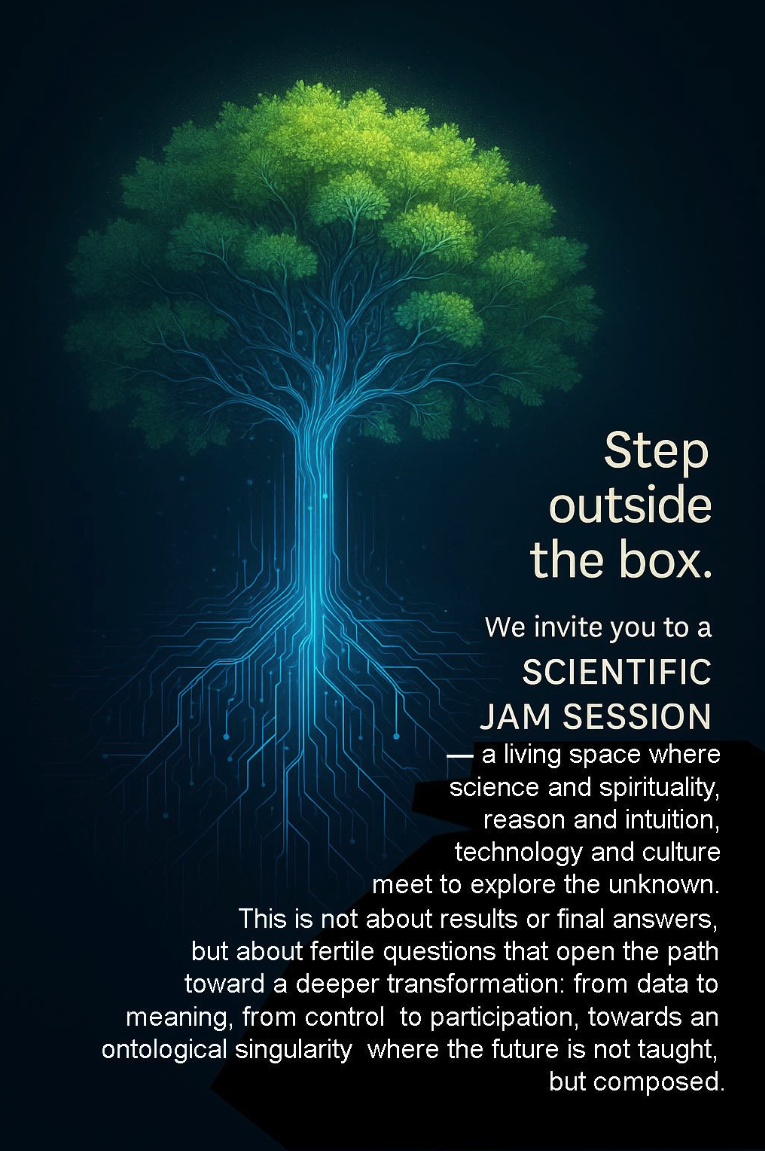
The program can be found in the submission system: https://www.conftool.com/ste2026/sessions.php. It is preliminary and may still be subject to small changes.
The program is also available in the Conference4me Mobile App. Either flash the code or visit http://conference4me.eu/download/ to download the version that suits your device.
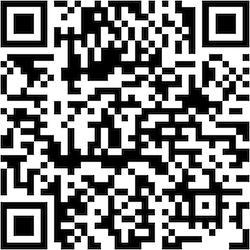
Will be available in time. Please continue to check this website for updates.
Registration will be done through the ConfTool® Submission Server.
Please note that all bank charges are at the expense of the debitor.
| STE2026 – Author and Participant Registration | Early Bird Fee until 23 Jan 2026 | Standard Fee from 24 Jan 2026 |
|---|---|---|
| Author – Regular1 (includes presentation of one paper) |
450 EUR | N/A |
| Author – Members of IAOE, IGIP, EduNet & EWA1,2 (includes presentation of one paper) |
400 EUR | N/A |
| Author – Low-income Countries1,2 (includes presentation of one paper) |
250 EUR | N/A |
| Author – Student1,2 (includes presentation of one paper) |
250 EUR | N/A |
| Participant – Regular (you cannot make any presentation with this fee) |
400 EUR | 450 EUR |
| Participant – Members of IAOE, IGIP, EduNet & EWA2 (you cannot make any presentation with this fee) |
350 EUR | 400 EUR |
| Participant – Low-income Countries2 (you cannot make any presentation with this fee) |
200 EUR | 250 EUR |
| Participant – Student2 (you cannot make any presentation with this fee) |
200 EUR | 250 EUR |
| Options | ||
| Additional Paper (max 1) | 150 EUR | N/A |
| Conference Dinner Thursday Evening | 90 EUR | 90 EUR |
| Social Program Saturday | 90 EUR | 90 EUR |
| Accompanying Person | 150 EUR | 200 EUR |
1 Authors must register until 23 Jan 2026 in order to be included in the program.
2 BSc, MSc, PhD, not older than 30 years. Upon registration, you will be asked to upload a document that justifies your eligibility for this fee.
CA describes the alignment of ILOs referring to what students are expected to learn, by which actions they will learn what they are expected to (Teaching Learning Activities (TLAs)) and how Assessment Tasks (ATs) assess to which degree they achieved the ILOs. To describe the degree of proficiency the students are expected to achieve, ILOs can be formulated using the SOLO taxonomy, which defines four levels of understanding ranging from rudimentary to abstract transfers. This approach is highly transparent to the students and more abstract/demanding tasks place emphasis on student-centered scientific inquiries. Both increase students’ motivation due to higher autonomy and an increased sense of competence. Through pre-tests, educators can assess the students’ comprehension and proficiency prior to conducting the laboratory allowing to better address students’ needs at their current level of understanding. By posing the same or similar questions after the laboratory (post-test), the students’ increase in comprehension and competence resulting from the laboratory can be measured and evaluated. After a brief introduction of the underlying theory of the SOLO taxonomy, CA and pre-and post-tests, an exemplary cross reality-laboratory about chemical extraction is presented. The ILOs are formulated and the respective pre-and post-tests are constructed. With this material at hand, the participants are instructed to create ILOs for their laboratories with the help of the workshop presenters. Afterwards, the focus will be set on the development of fitting questions for pre- and post-tests to evaluate the student’s learning progress before and after conducting the respective laboratories.
This workshop is aimed at laboratory teachers in STEM degree programs. The participants of this workshop should be in charge or a developer of a (digital) laboratory in the STEM field. At least they should have interest in laboratory pedagogy. It does not matter if you are working with a hands-on, virtual reality or a remote laboratory.
Alexander S. Sommer-Behr, Nils Kaufhold, Marcel Schade (Germany)
This hands-on workshop introduces educators and researchers to a practical Challenge-Based Learning (CBL) framework enhanced by Extended Reality (XR). Participants will learn how to translate research questions into XR design decisions, structure multidisciplinary teamwork, and guide students through prototyping workflows. Working in small teams, participants will create a mini CBL–XR concept, produce user stories and requirement canvases, and explore XR examples using the BMS Lab open-source Demo Framework. The workshop concludes with a facilitated discussion on integrating CBL+XR into university courses. The workshop supports technology-enhanced learning, enhances educator XR literacy, and offers scalable methods for integrating XR into research-driven project courses. It equips educators with hands-on tools for engaging students in research and development processes through immersive technologies.
Educators, instructional designers, and program coordinators interested in challenge-based learning
Lucia Rabago Mayer (The Netherlands)
The Engineering Curriculum usually introduces students to few computing tools, as found necessary to help comprehend the concepts of the course. Any Engineering Tool, is a ‘Double-Edged Sword’; as an incorrect use, may result in the student dependent on the exact use of the in-built command to get the desired solution in a single step; while through the programming approach that ensures development of the code from scratch (from mathematical equation to code); actually, helps students comprehend the intended engineering concept. It is purely in the pedagogy adopted by the faculty; that ensures student learning using the engineering tool. The objective of the proposed workshop is to address this issue, through an example of using Python, an open-source programming environment, for introducing concepts of Probability and Statistics for Machine Learning.
Faculty from any Engineering discipline; as the examples shall be from the core course on, ‘Probability and Statistics for Machine Learning’; a typical Core Course for most Undergraduate Engineering programs. The emphasis of the workshop is on the pedagogy and typical assessments for using a programming tool.
Kanmani Buddhi (India)
This hands-on workshop guides educators through an adapted Double-Diamond framework to integrate AI and XR into studio-based and project-based courses. Participants will map one of their own classes, identify a meaningful learning challenge, and prototype a mini-sequence that combines analog sketching, prompt-based generative AI, and simple XR/immersive validation. Through collaborative work, they will de-sign transparent AI use, preserve human authorship, and embed ethical reflection. By the end, participants will leave with a concrete activity design, a reusable Double-Diamond template for AI/XR literacy, and practical strategies to support student motivation and engagement in their own institutional contexts.
Educators, instructional designers, and program coordinators from creative disciplines (Architecture, Design, Digital Arts, Communication, Music Production) as well as educational innovation units interested in AI/XR integration.
Antonio Luis Juarez Negrete, Lesly Aida Pliego Reynoso (Mexico)
Remote laboratories have been discussed for more than three decades as a means to improve access to practiceoriented technical education. Despite their proven potential—especially in the context of SDG 4 (inclusive, equitable, and quality education)—their global adoption has remained fragmented, project-based, and largely unsustainable. The Global Remote Lab Initiative (GRLI) proposes a different approach: not another isolated platform, but a sustainable, open, and scalable ecosystem for engineering and TVET remote labs, based on a shared technical and organizational framework, a Remote Lab Engineering System (RLES), and a novel “Reverse Project Funding” model. This interactive workshop presents the current GRLI approach and invites participants to jointly elaborate the concrete steps towards implementation. Instead of focusing on technology alone, the workshop addresses governance, organizational structures, technical architecture, funding logic, and long-term sustainability. The goal is to move from a conceptual framework to a realistic, community-driven execution roadmap.
This workshop is designed for stakeholders who are interested in actively shaping and implementing a global remote lab ecosystem, including: • Representatives of universities and TVET institutions (decision-makers, lab managers, educators) • Developers and operators of remote lab, IoT, and EdTech platforms • Industry partners and technology providers • Representatives of educational networks, NGOs, and foundations • Policy, strategy, and program managers concerned with digital education, capacity building, and sustainable infrastructures.
Reinhard Langmann, Klaus Hengsbach (Germany), Michael E. Auer (Austria), Dominik May (Germany)
Respect is a word being used increasingly in the context of student experiences and safety in higher education. Respect is also a potentially complex concept – it is recognised to be demonstrated differently across cultures and generations. Additionally, respect is given by one person on their terms yet received and interpreted by another on their terms. In a modern education environment – where educators are less the keeper of all knowledge and more a facilitator or learning and where the student cohort is becoming ever more diverse in terms of age, gender, background, nationality and disability – how do we ensure that everyone continues to feel respected?
The workshop targets the whole range of educators and professionals. Not specific prior knowledge is required. There is no fixed limit to the size of the workshop.
Alexander A. Kist, Catherine Hills (Australia)
Depending on the time allocated and the availability of participants, the following could be visited:
09.30 AM Departure from Brasov
10.30 AM Cârța, visit to the Cistercian Abbey
11.30 AM Fagaras, visiting the Fagaras Fortress
12.30 PM Lunch
2.00 PM Sinca - The Temple of the Bears
3.30 PM Bran - visit to the souvenir fair (you can also visit Bran Castle, if there is time)
4.15 PM Rasnov, visit Rasnov Fortress
6.00 PM Arrival Brasov
Copyright: STE, Hosting: International Association of Online Engineering (IAOE), Website: Sebastian Schreiter / Agencia 609, DuocUC
Brașov marketplace picture by: Pudelek (Marcin Szala), CC BY-SA 3.0, via Wikimedia Commons